
OR
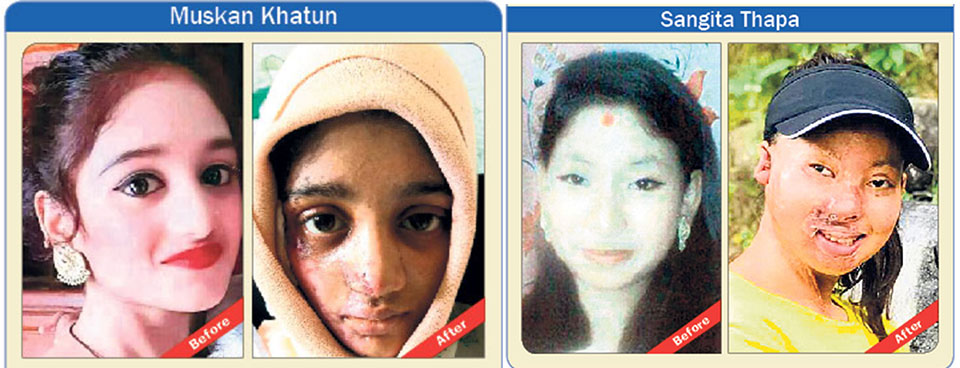
Two young girls brave life after acid attacks
KATHMANDU, Oct 23: Brought to Kirtipur Hospital after suffering an acid attack a month and a half ago, Muskan Khatun, 14, is under the care of doctors and nurses full time. She is given painkillers and other medication to keep her calm. But she screams out intermittently in sheer agony. At other times also there is pain written all over her face. She is gradually losing weight and looks frail.
Except during engaging visits and attention given to her by models, actors, singers and even Bollywood superstars, the mundane world around her is painful. Muskan cannot get over the sorry look on the faces of her parents as they gaze silently at her lying helplessly in bed. Theirs was a happy family and they easily made ends meet until the acid attack shattered everything.
“They wanted her to drink that acid, which would have killed her. But she refused and they suddenly threw it on her face instead,” Muskan’s mother Shahanaj has narrated to many in the last few weeks. “Will my daughter ever be beautiful again? Cosmetic surgery might be costly. We have other children and our responsibilities are huge,” she opened up to Republica recently. Muskan suffered acid burns to the neck, chest, face and hands. Her right ear had to be surgically removed. Doctors took skin from the thighs and transplanted it to the burn spots. The entire body looks ravaged.
When Shahanaj starts talking about Muskan’s childhood, her face lights up. Muskan was the prettiest child in the neighborhood, chubby, cheerful and of fair complexion. That is why the mother named her ‘Muskan,’ or ‘smile’. Besides her physical beauty and good demeanor, Muskan’s undivided attention to her studies made her mother truly proud.
In the Muslim community of Chappkaiya in Birgunj, where Muskan’s family lived in a tiny house, daughters are generally married off early even before they can complete high school let alone college. Shahanaj stopped short of going to college once she got married on completion of her SLC. Her older daughter did likewise. But Muskan was a keen student and the mother had different plans for her. “I wanted her to break the glass ceiling and make it big in life,’’ she said. Shahanaj’s dreams have now foundered. The family is far from rich and the challenge ahead is daunting. Doctors said the acid burn treatment will go on for years. There is no quick fix.
“Some people speak utter nonsense. They have a habit of saying unkind things without understanding anything,” Muskan’s mother said. She fears the social stigma her child may have to live down. “We had never thought life would be so cruel to our innocent child.”
The local boy, who plotted the acid attack with a friend, said he liked Muskan. He wanted to draw her attention. But she was not impressed, and ‘she invited disaster’.
Throwing acid at someone is not how one shows one’s love. It is an act of desperation, an act of a psychopath. But the world is no stranger to such behavior and neither is South Asia.
Following an increase in acid attacks, courts in India in 2013 directed the government there to regulate the buying and selling of acids. Retailers and customers were made to register with a photo identity. The punishment for acid attacks was also increased. It is from 10 years in jail to life. Bangladesh next door even introduced the death penalty for the crime in 2002. According to the Acid Survivors Foundation of Bangladesh, this has led to a gradual drop in acid attack cases in that country.
In Nepal the devastation that acid attacks visit victims and their families has yet to be brought home to the authorities concerned although they do create terror in society at large, according to Sangita Magar, an acid attack survivor herself. She suffered an attack in Kathmandu some five years ago, for a reason similar to Muskan’s. Sangita, who was 16 at the time, shunned public spaces and avoided meeting people for the next three years. “Everything would look so dark and depressing,” she said.
Sangita has gradually mustered the courage to face the world again. But it was not easy, and she is haunted by the realization that the culprit is going to be back out of jail before long.
“Everywhere I go, people just stare. You never get used to it. Moreover, he is going to get out of jail next year. I don’t know if I will be safe then,” she said, wondering about the state’s failure to provide any secure space for individuals like herself.
And the shorter the jail term for the culprit the more the mental torture for the survivors. The maximum jail term for throwing acid is eight years. Jivan BK, who threw acid at Sangita in 2015, has been behind bars for the last four years.
“I know I am never going to look pretty again. Even if I go for plastic surgery, it will look artificial, and the cost is another issue. I have accepted this reality and decided to move on with life,” she said. It requires tremendous courage and support from family and friends for people like Sangita and Muskan to carry on.
Speaking about her reaction on hearing about Muskan’s case, Sangita said, “As soon as I heard that a 14-year-old girl from Birgunj was admitted to Kirtipur Hospital after another acid attack, I could think of nothing but rushing out to see her. I called Ujjwal Thapa.” Thapa has been supporting acid attack victims and campaigning for harsher punishment for acid throwers. “He told me that Muskan was very young and might get scared on seeing my face,” said Sangita. “You may go after a few days; we will prepare her for it slowly,” she quoted him as telling her.
According to Thapa, acid attacks have not drawn enough attention from society and the government because the rich and powerful are not affected. Once they come under such attacks themselves, new laws will be passed. “The crimes have been committed against ordinary people. The issue has not rocked parliament,” he said. A father of three girls, Thapa has been a pillar of support for Muskan’s family and a huge source of encouragement for Muskan herself.
Both Muskan and Sangita want to see acid attackers rot in jail for the rest of their lives. “Anything less will not do,” they assert.
The first acid attack recorded in South Asia was in what was then East Pakistan in 1967. In India, the first case took place in 1982. The crime entered Nepal much later. But with around half a dozen such attacks in just over a year, as per police, the situation is getting alarming.
According to spokesperson of Nepal Police Bishwaraj Pokharel, the police have no authority to regulate the buying and selling of acid in the market. “We don’t have the authority to monitor the chemicals market,” he said.
While Thapa caresses Muskan’s head to assure her that everything will be alright, her father Rasul Ansari asks how many more Muskans have to suffer the horrendous ordeal before the country wakes up to this diabolical crime.
You May Like This
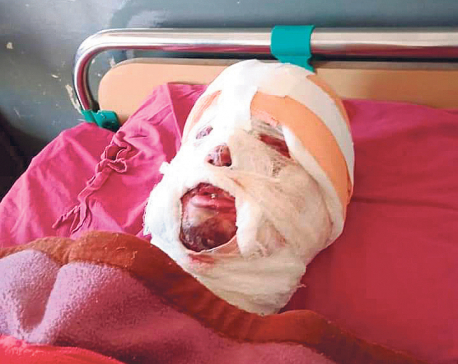
Victim of acid attack blamed on wife runs out of money
KATHMANDU, March 22: Rajaram Thapa lies helpless in the emergency ward of the Teaching Hospital while his mother, who is... Read More...
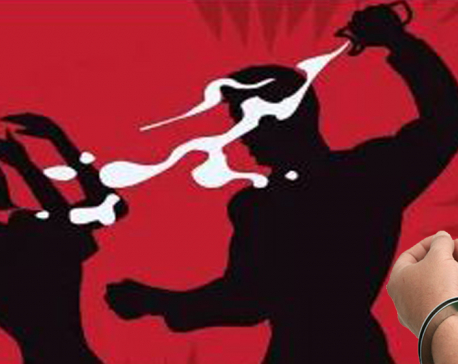
Man arrested for attacking wife with acid
BHAKTAPUR, March 7: Shyam Gubhaju, who attacked his wife with acid, has been arrested. Gubhaju, 65, of Dadhikot Chitrapur in... Read More...
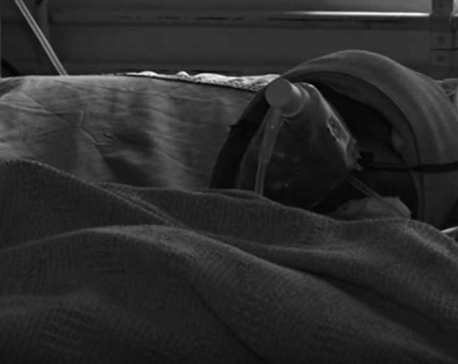
Samjhana succumbs to acid injury
KATHMANDU, Sept 24: Samjhana Das, 18, one of the two sisters who was undergoing treatment after an acid attack, has... Read More...
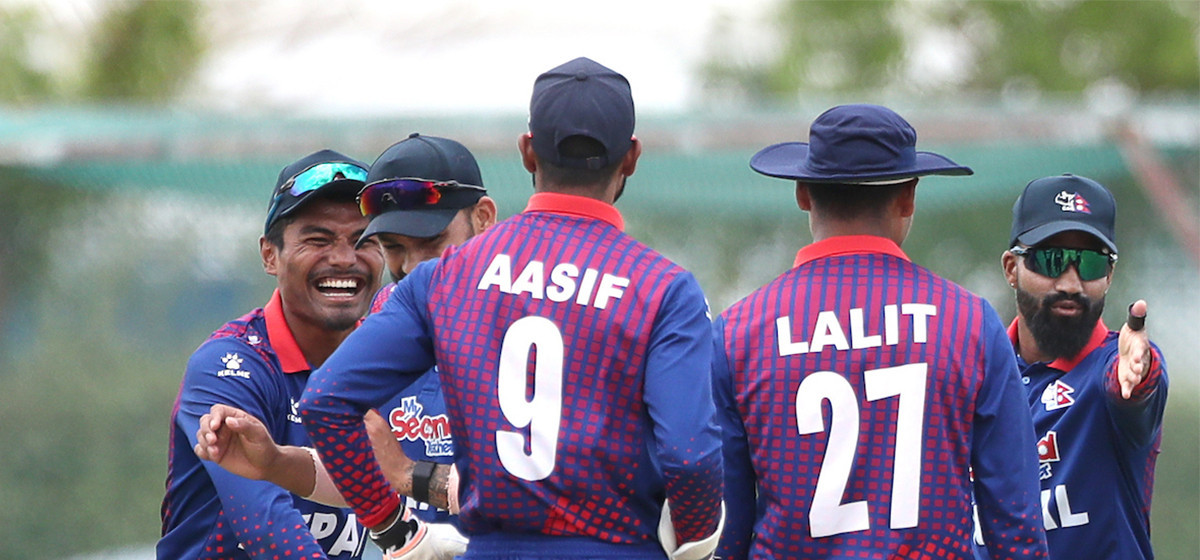


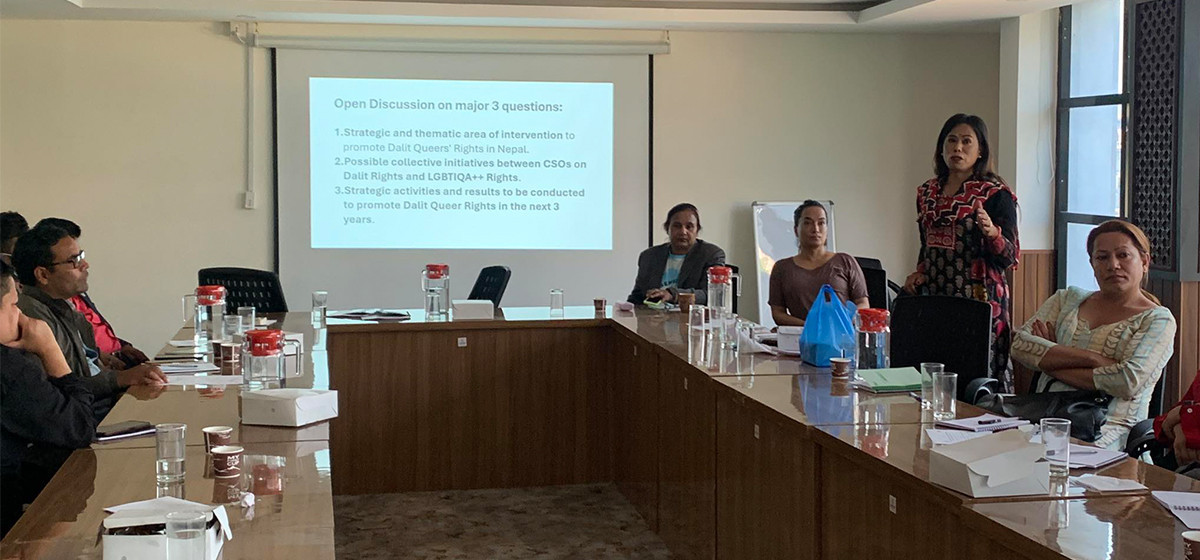


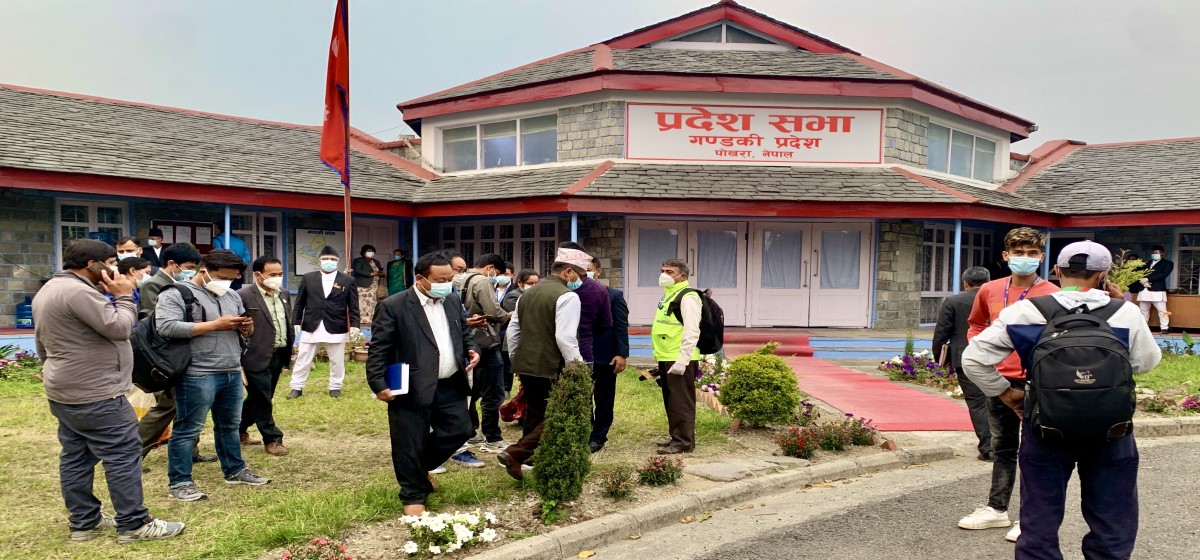

Just In
- Dalit sexual and gender minorities lack representation within their own communities and groups
- Nagdhunga-Sisnekhola tunnel breakthrough: Beginning of a new era in Nepal’s development endeavors
- Altitude sickness deaths increasing in Mustang
- Weather forecast bulletin to cover predictions for a week
- Border checkpoints in Sudurpaschim Province to remain closed till Friday evening
- Gandaki Province Assembly session summoned
- CM Karki to Speaker: Resolution motion for vote of confidence unconstitutional
- EC reminds all for compliance with Election CoC









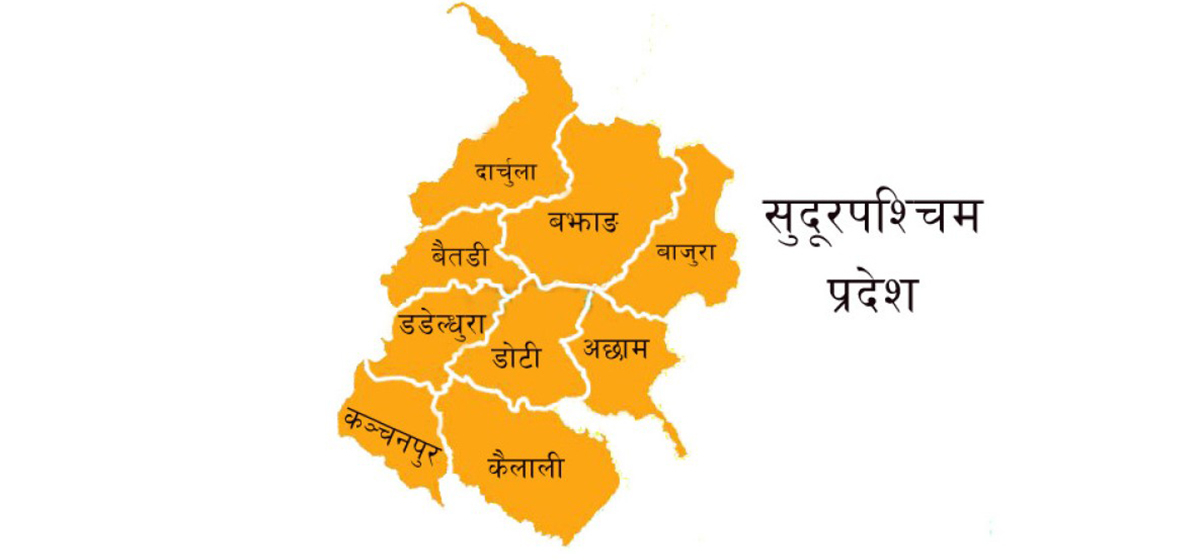
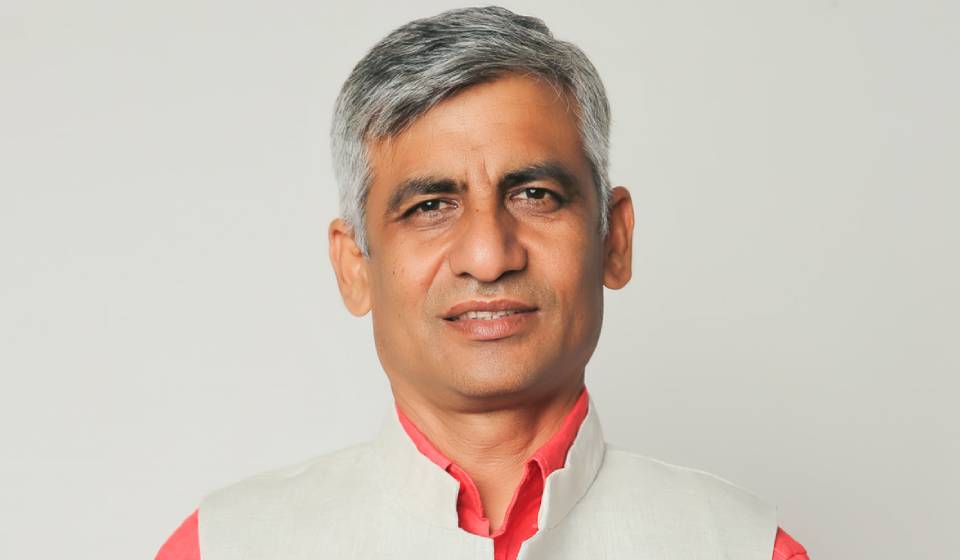
Leave A Comment